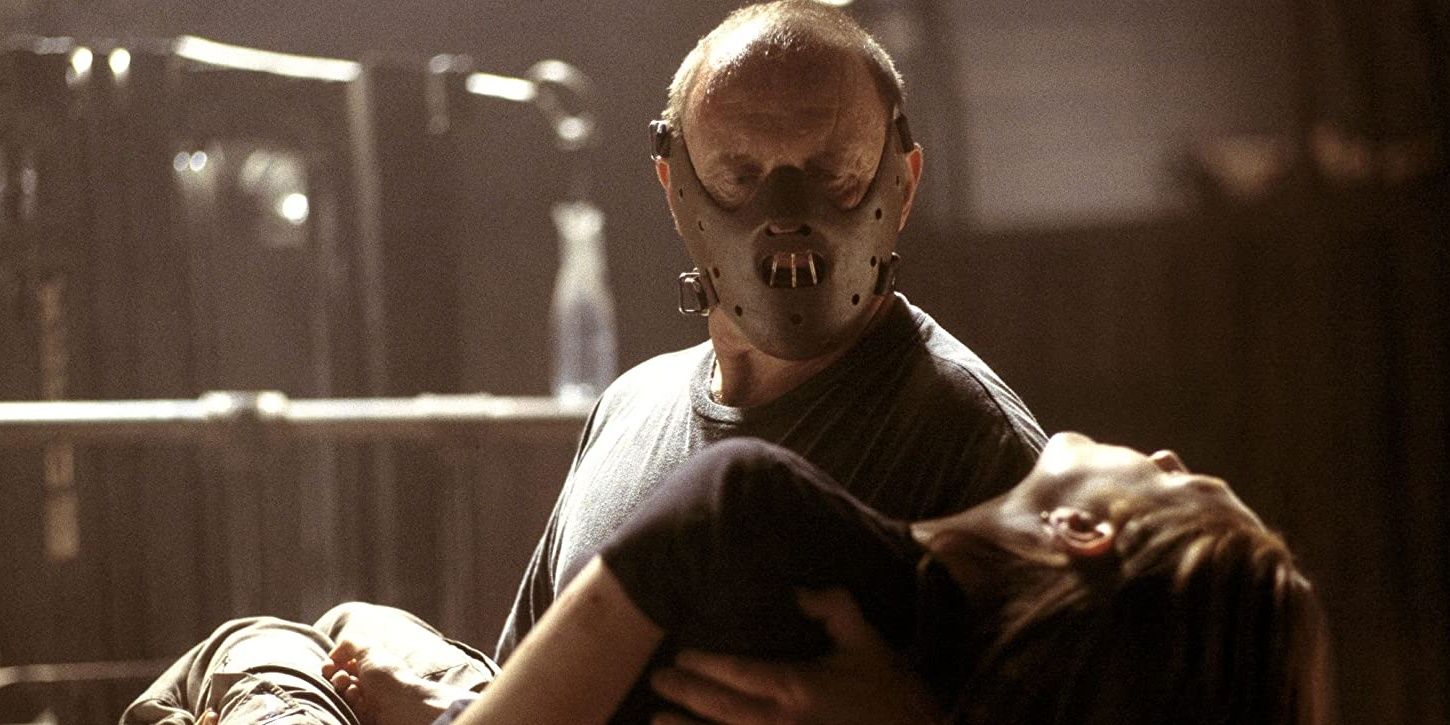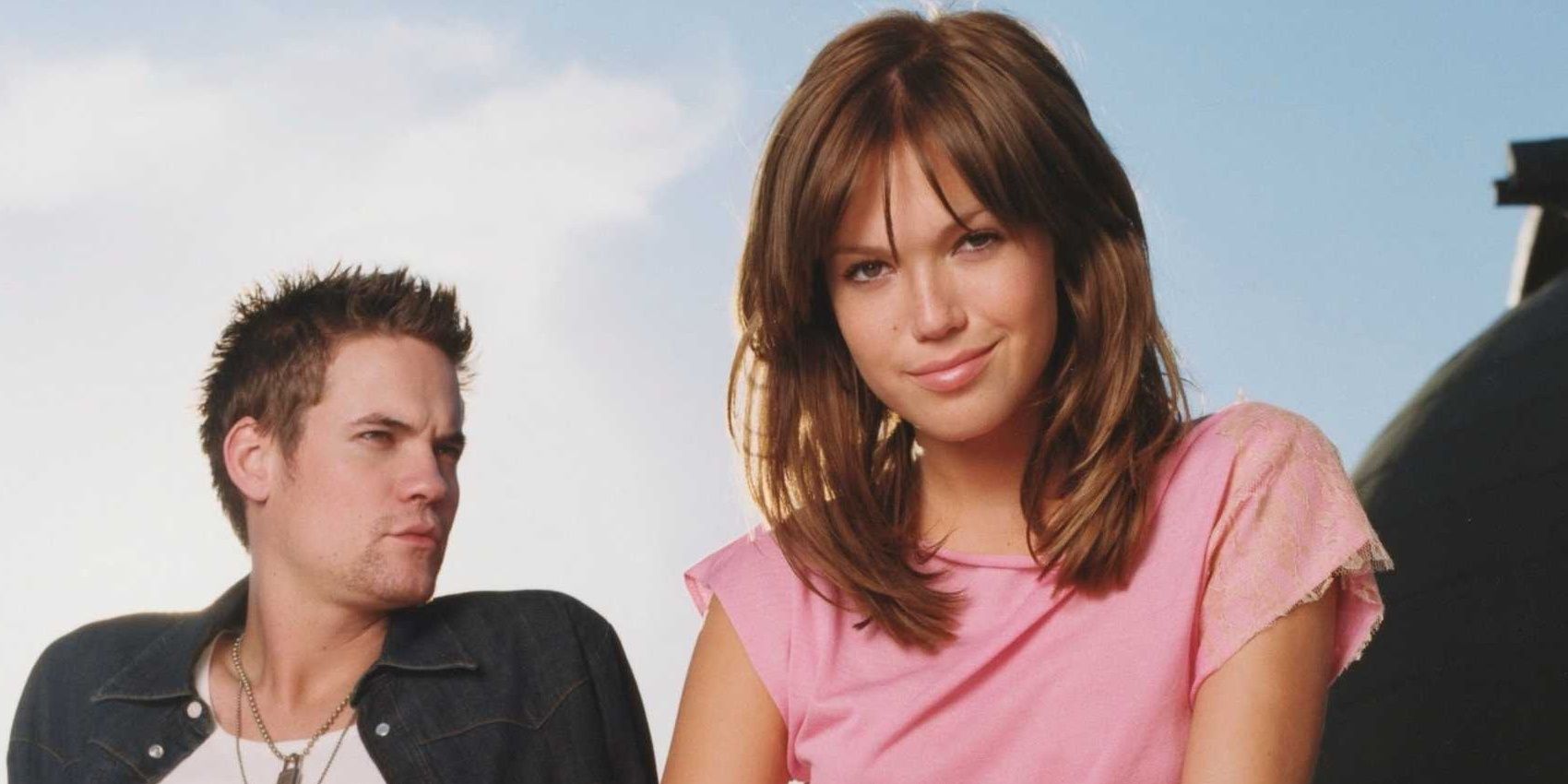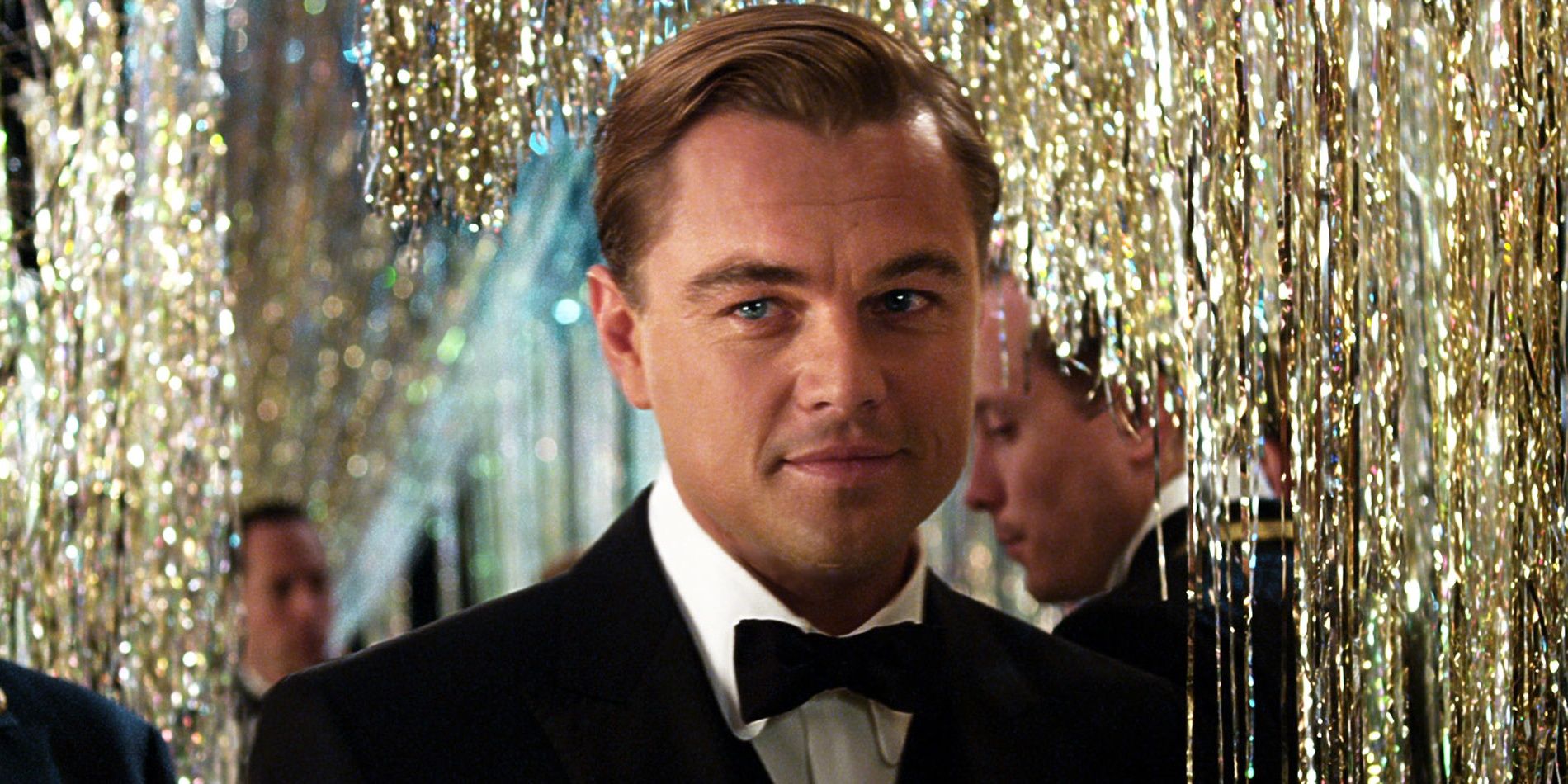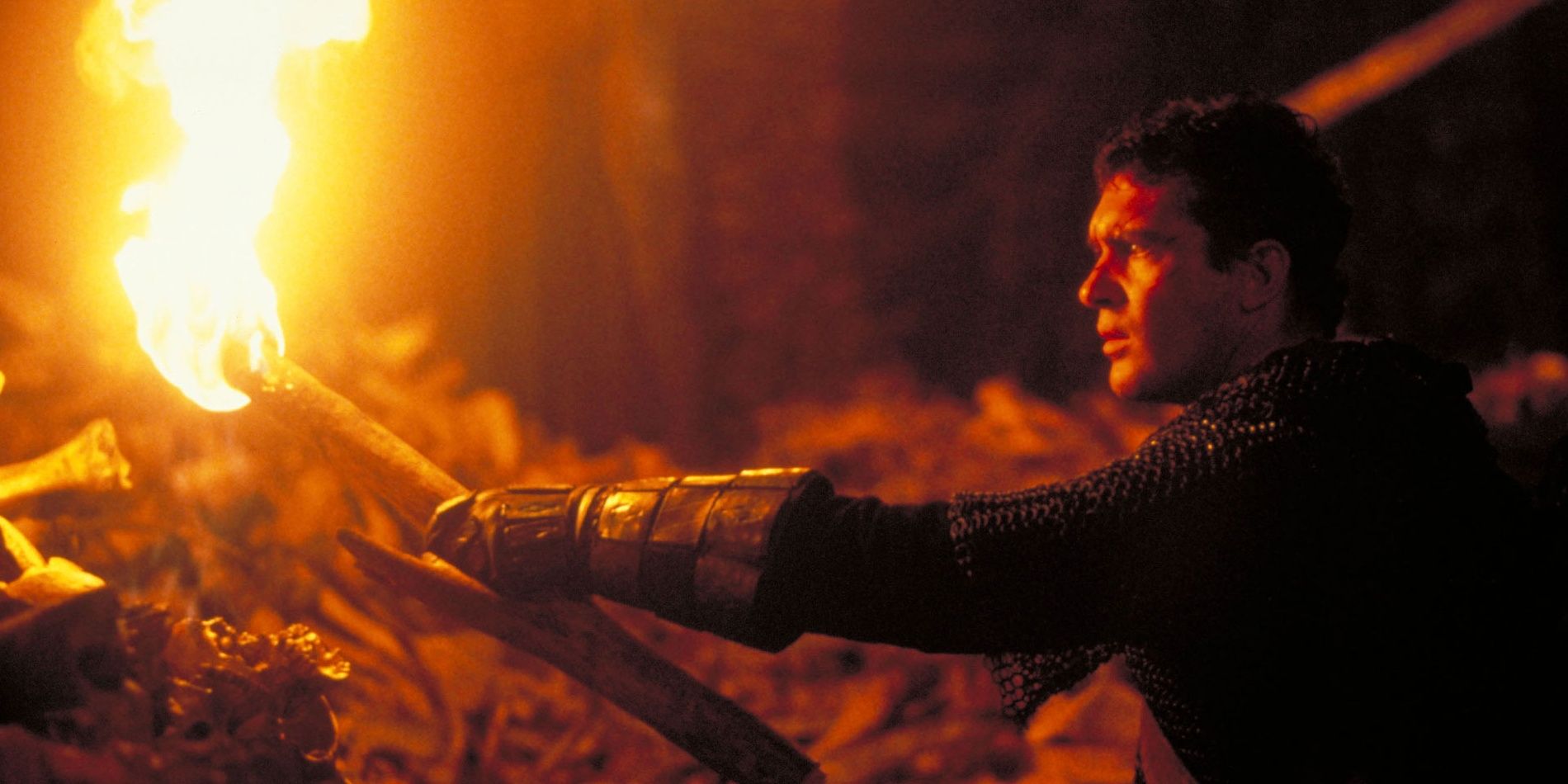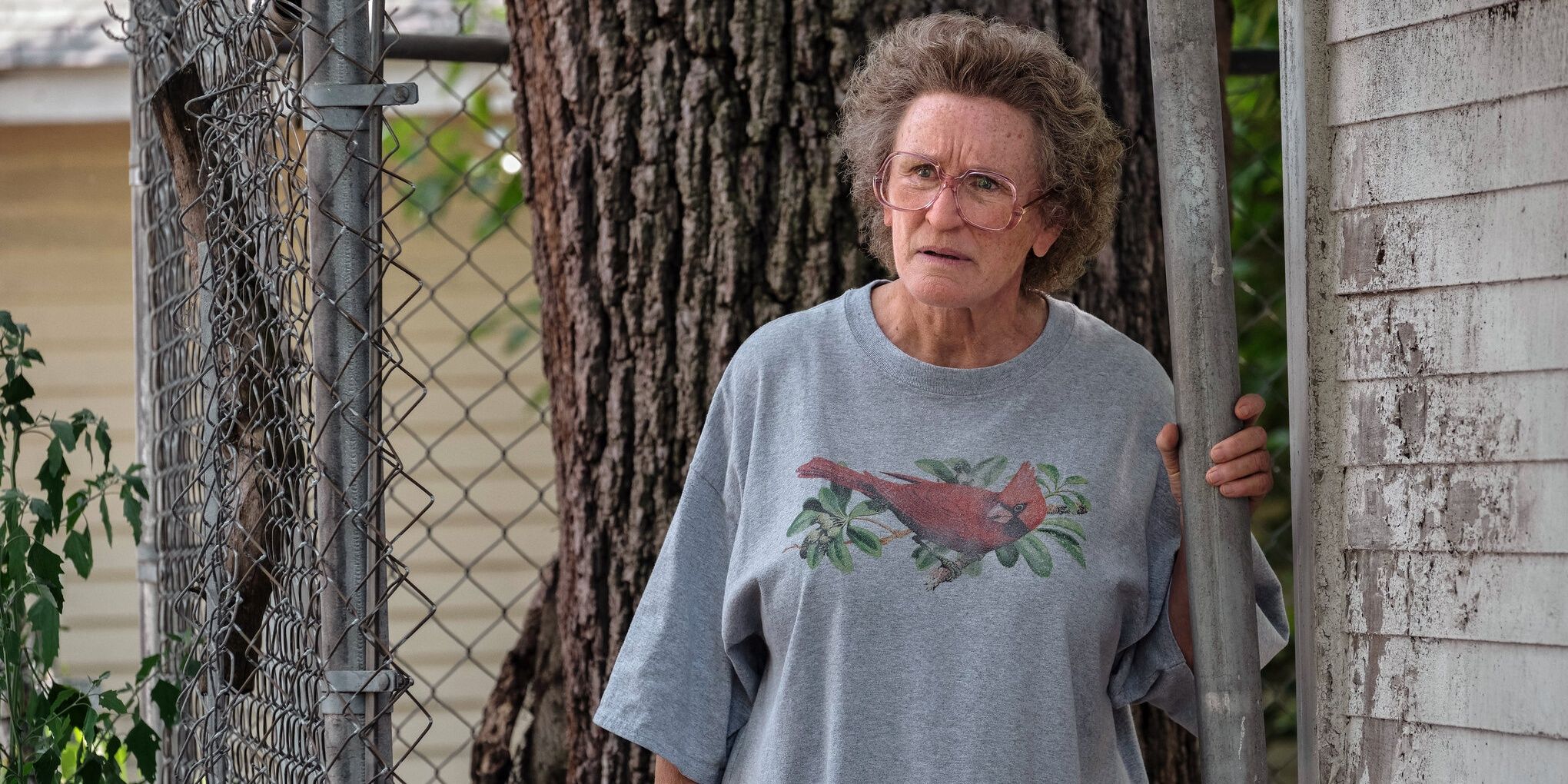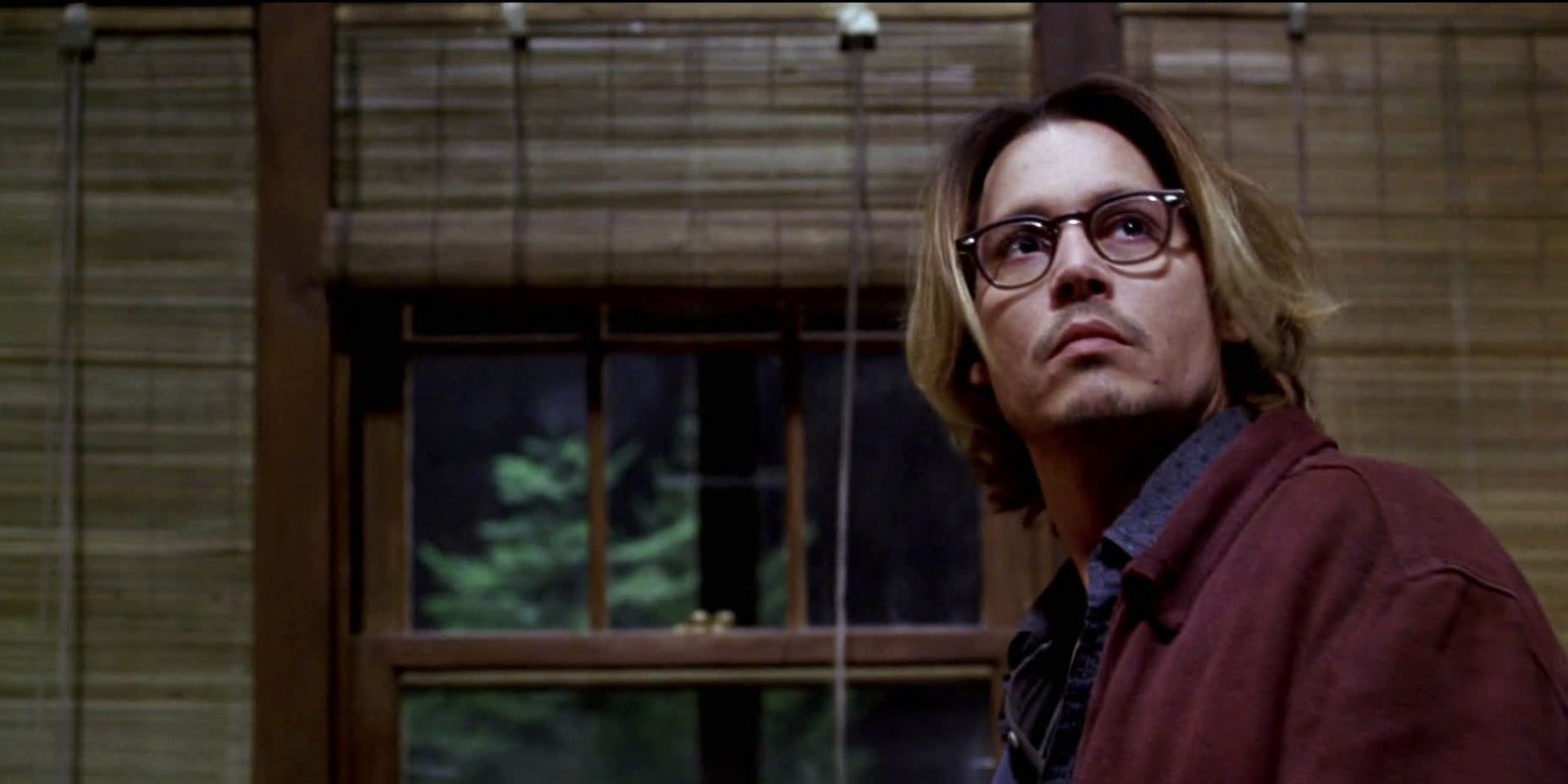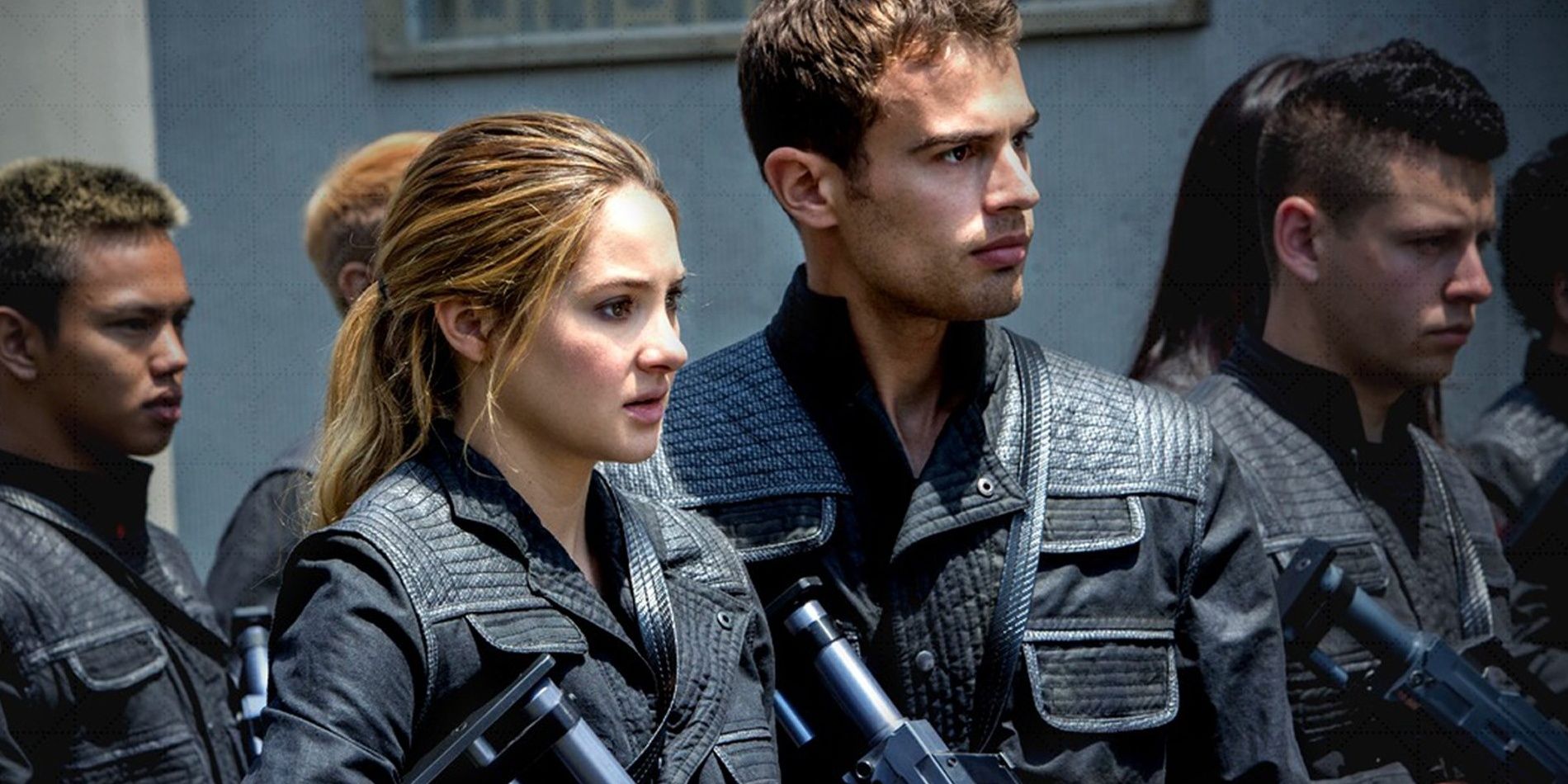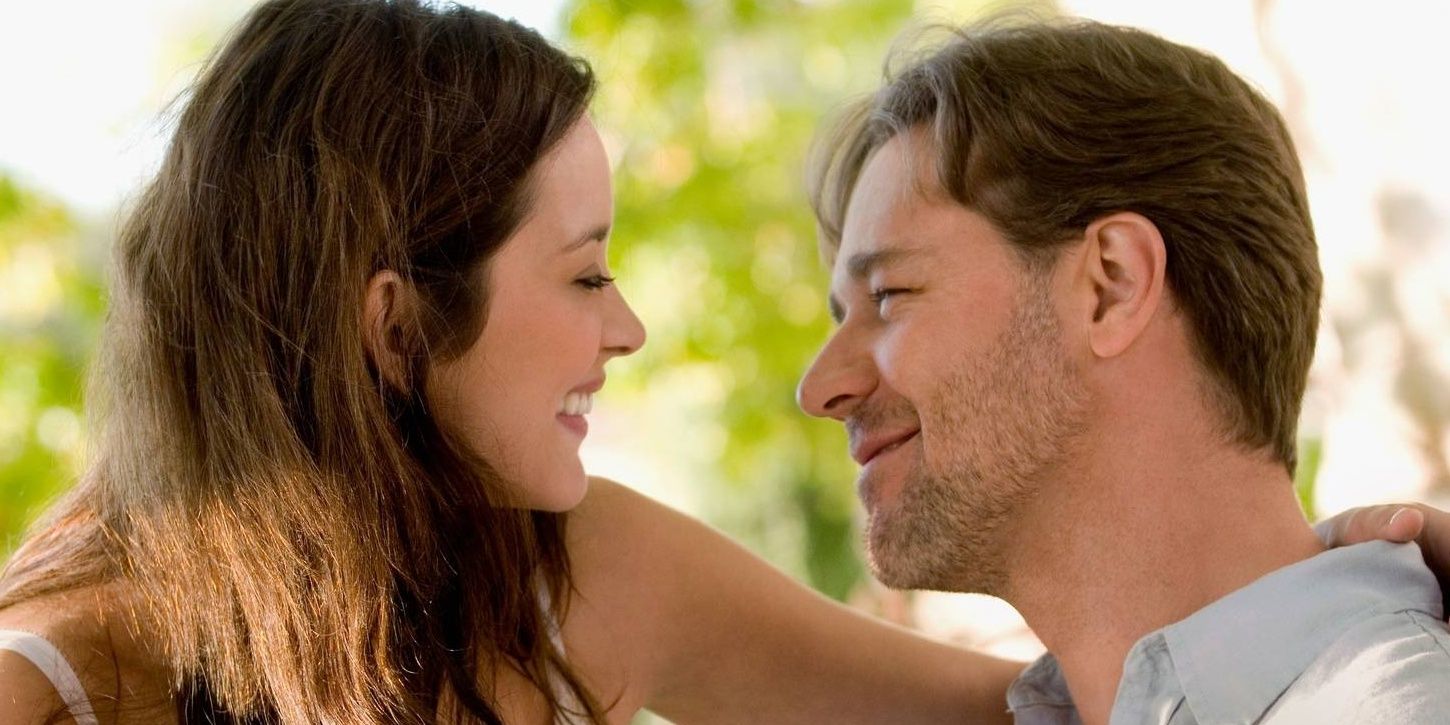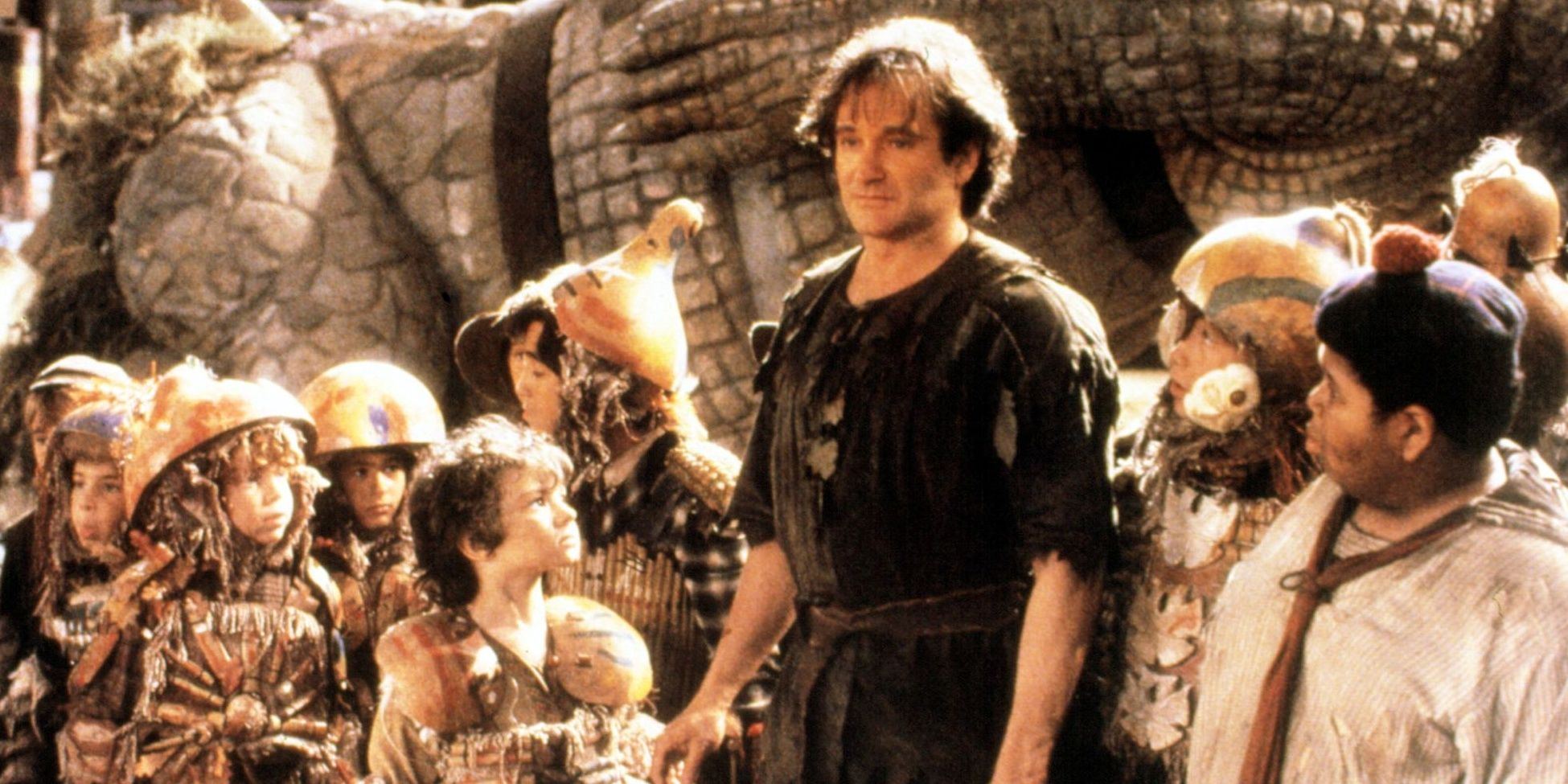Movies based on books and plays enjoy the benefit of a built-in fanbase, seeing as the source material already has a sizable following. Because of this, a significant number of page-to-screen adaptations are released each year by independent production companies and major studios alike. Oftentimes, these adaptations are highly anticipated by audiences and widely praised by critics. 8 of the 21st century's 19 Best Picture winners have been based on either books or stage plays.
Sometimes, these films are a bust with critics but are still enjoyed by the movie-going public. Here are 10 examples of page-to-screen adaptations panned by critics, but loved by audiences.
Hannibal (2001) - Critics: 39%, Audience: 62%
Perhaps critics' expectations were too high for Hannibal, the sequel to the Oscar-winning The Silence of the Lambs which came out ten years earlier. Despite that film's near-universal praise as high art worthy of awards and acclaim, Thomas Harris' books which inspired both films are little more than lurid pulp fiction. As such, Hannibal delivers as a gory, gritty, and grotesque horror/thriller, elevated by a predictably terrific reprise performance by Anthony Hopkins in the title role. Audiences appreciated it for what it was; critics, not so much.
A Walk To Remember (2002) - Critics: 27%, Audience: 78%
Young Adult novelist Nicholas Sparks has had many of his books adapted for the screen, beginning with 2002's A Walk To Remember. Not only was this film loved by fans of the novel, but it had the added benefit of being a vehicle for musician-turned-movie star Mandy Moore.
Critics found it overly sappy and melodramatic. Audiences did too - but that's what they paid for, and that's what they got, and they were quite happy with it, critical consensus be damned.
The Great Gatsby (2013) - Critics: 48%, Audience: 67%
Director Baz Luhrman's star-studded adaptation of this classic F. Scott Fitzgerald novel was one of the most anticipated films of 2013. Critics thought it was style over substance, and that the meaning of the novel was lost in the spectacle of it all. Audiences, however, mostly enjoyed it. It is beautifully shot, brilliantly edited, and features one of the best contemporary soundtracks of any 21st-century film, the standout songs being Lana Del Ray's "Young and Beautiful," and Jack White's heart-wrenching cover of U2's "Love is Blindness."
The 13th Warrior (1999) - Critics: 33%, Audience: 65%
Because of Jurassic Park, viewers often associate novelist Michael Crichton with quality. However, most of his novels, when adapted for the screen, have been terrible flops, from Congo, to Sphere, to Timeline.
Based on Crichton's 1976 novel Eaters of the Dead, The 13th Warrior is the story of a 10th-century Muslim emissary kidnapped by Vikings and enlisted to fight an invading horde of vicious man-eating neanderthals. For audiences, this was so crazy it worked. For critics, it was just crazy.
Twilight (2008) - Critics: 48%, Audience: 70%
Stephanie Meyer's best-selling Twilight saga was destined for box office gold when adapted for the screen. Sure enough, this first installment was a massive hit, grossing almost $400 million worldwide from audiences who walked away mostly satisfied. Unfortunately, that didn't buy it much love with the critics, who mostly panned it for its cheesy dialogue, uninspired performances, and lackluster direction that did next to nothing to win over those not already hooked on the book series.
Hillbilly Elegy (2020) - Critics: 26%, Audience: 86%
This was widely anticipated to be one of 2020's best films. Starring perennial Oscar contenders Glenn Close and Amy Adams, directed by the acclaimed Ron Howard, and written by J.D. Vance himself based on his best-selling memoir, this seemed on paper to be a sure winner. However, Hillbilly Elegy has been almost universally panned by the critics, who have called it everything from superficial to elitist, bland to melodramatic.
Audiences seem to love it, though, which perhaps speaks to the theme of the film: the cultural disconnect between rural heartlanders and coastal cosmopolitans.
Secret Window (2004) - Critics: 46%, Audience: 65%
Novelist Stephen King's short story Secret Window, Secret Garden is about a recently divorced writer who is accused of plagiarism by a mysterious stranger while on a mental health retreat. Critics didn't find the material sufficient to carry a feature-length film without running out of steam, and they found the twist ending predictable and cliché.
Fortunately, Secret Window came out at the peak of star Johnny Depp's popularity, and his performance, along with the reliably terrific John Turturro, was worth the price of admission for those who took a chance on it.
Divergent (2014) - Critics: 41%, Audience: 69%
Veronica Roth's Young Adult Divergent book series piggybacked on the success of the Hunger Games trilogy as a dystopian futuristic sci-fi saga in which the younger generations fight against the injustices inflicted upon them by the older ones. The derivative nature of Divergent was obvious to critics, who dismissed it as formulaic fluff.
Audiences, however, liked it enough to warrant completing the trilogy, though perhaps this was not for the best. Both sequels were loathed by critics and audiences alike.
A Good Year (2006) - Critics: 25%, Audience: 65%
This was the second of five collaborations between Russell Crowe and director Ridley Scott, whose first film together was the Oscar-winning Gladiator. A Good Year is a lighter affair, to put it mildly. It's a romantic comedy that takes place on a French vineyard and stars Crowe alongside Abbie Cornish and the late, great Albert Finney. Critics found this to be a tremendous waste of the talent involved, but audiences didn't seem to mind. They found it to be enjoyable easy viewing, with enough humor and heart to keep them interested.
Hook (1991) - Critics, 29%, Audience: 76%
Director Steven Spielberg's Hook is a re-telling of Peter Pan, first published by J.M. Barrie as a play in 1904, and later as a novel in 1911. In this version, Peter has grown up but must return to Neverland when his children are kidnapped by Captain Hook.
Audiences appreciated Hook for its originality and heart and loved Robin Williams as an adult Peter Pan. Critics, however, found it to be sentimental and dull. They also panned Dustin Hoffman's performance as the title villain, thinking him too gentle and benign to give the story any real stakes.


